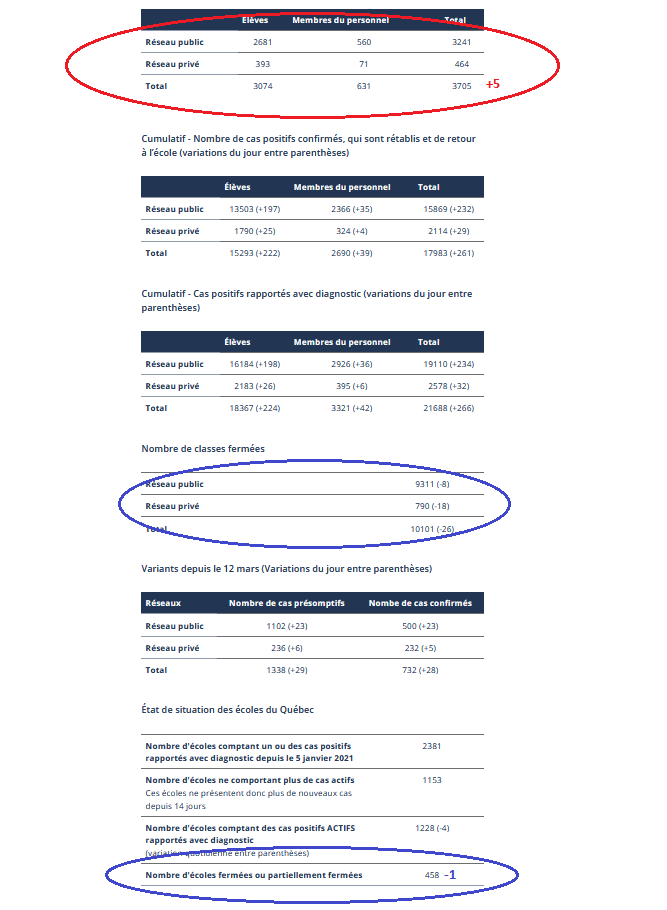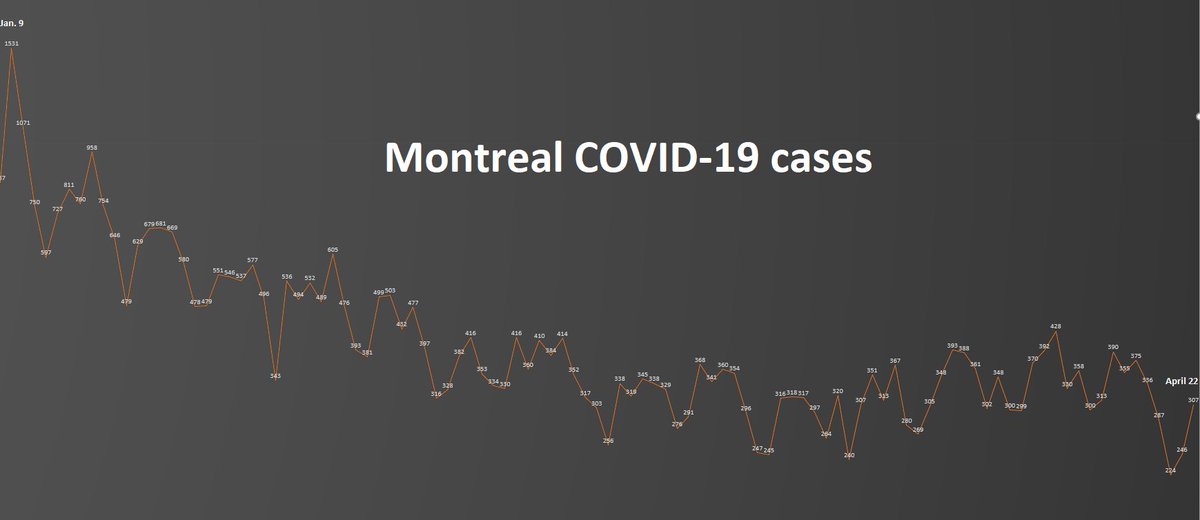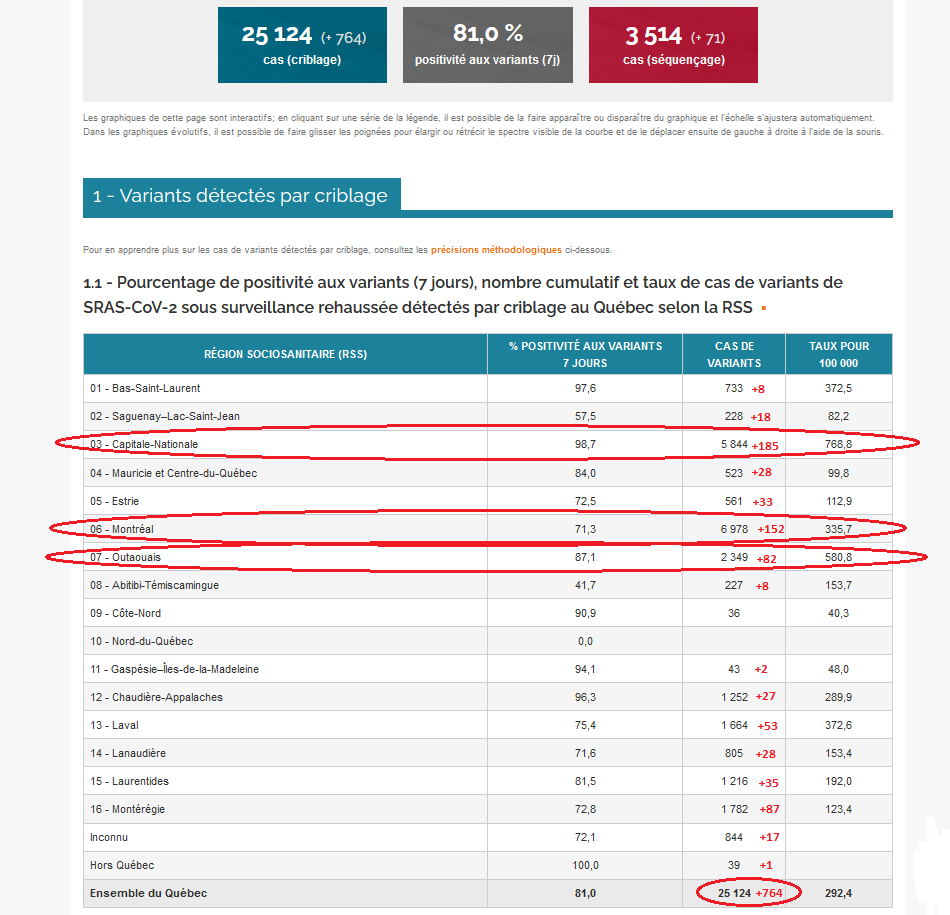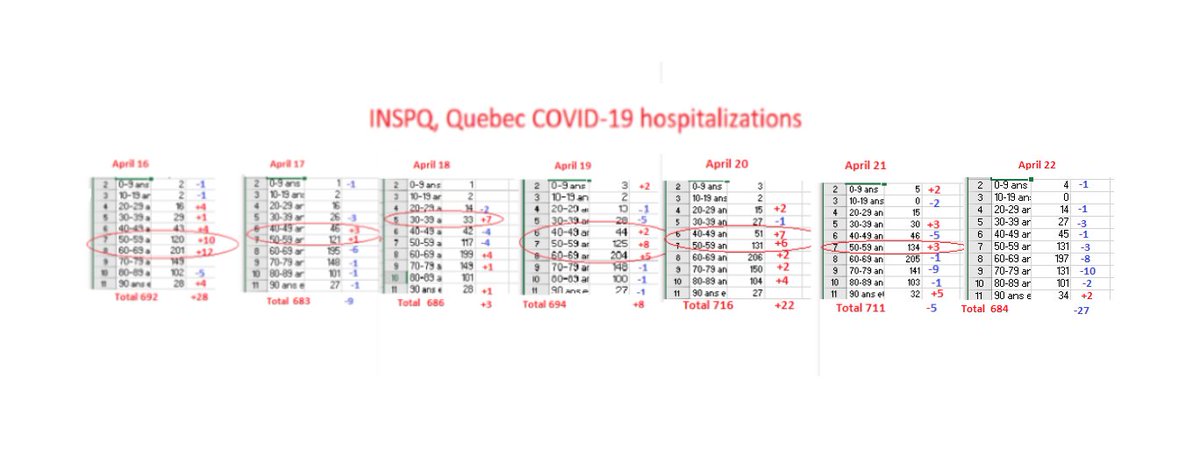
1) If there was ever any doubt that the variants are truly driving the third wave in the #COVID19 #pandemic, consider this comparison between Quebec and Ontario. On Feb. 7, Quebec posted a total of 22 variant cases and Ontario 401.
2) By Thursday, the number of variant #COVID19 cases in Quebec climbed to 3,514. By comparison, in Ontario — which is sadly in the midst of a much worse third wave — variant cases have soared to 44,536 in a little over two months.
3) We still don’t know why Ontario was hit so much harder than Quebec with the variants. Is it because Ontario reports much more international air travel than Quebec? Is it because Ontario’s #pandemic restrictions were laxer than those in Quebec?
4) Was it because Quebec pursued a more aggressive vaccination strategy than in Ontario by delaying the second shot? Although it’s true Ontario has been screening more for variants than Quebec, that alone doesn’t account for the huge difference between the two provinces.
5) On Thursday, Ontario reported 3,682 #COVID19 cases, down from 4,212 the day before. But hospitalizations inched up by 15 to 2,350. In contrast, Quebec posted 1,248 cases and a cumulative total of 711 hospitalizations, down by five.
6) Quebec, however, can’t afford complacency. #COVID19 outbreaks in the province jumped by 42 to 1,184, with increases noted in health care, daycare, schools and the workplace. Quebec’s chief public health officer expressed concern about outbreaks in the workplace in the regions.
7) And active #COVID19 cases are continuing to rise in both schools and in eldercare. Since March 31, the number of cases in eldercare has nearly doubled to 220, with seven critical outbreaks, including a new one at a LaSalle private seniors’ residence. 

8) For the past 55 days, Montreal appears to have held the third wave at bay by vaccinating aggressively, shuttering classes at the first hint of an outbreak and remaining in a red zone. The city’s seven-day rate is 14.77 cases per 100,000 residents, down from 15.48 on March 31. 

9) But Montreal on Thursday reported increases in all four common variants of concern. The city also posted the second highest total of variant cases after Capitale-Nationale, which is still deeply affected by the third wave, along with Outaouais. 

10) Again, the lesson to draw from the third wave is to remain as vigilant as ever, especially following revelations that the B.1.617 variant (which was detected in India) is now in Canada. End of thread. Please limit your social contacts and get vaccinated as soon as possible. 

• • •
Missing some Tweet in this thread? You can try to
force a refresh









